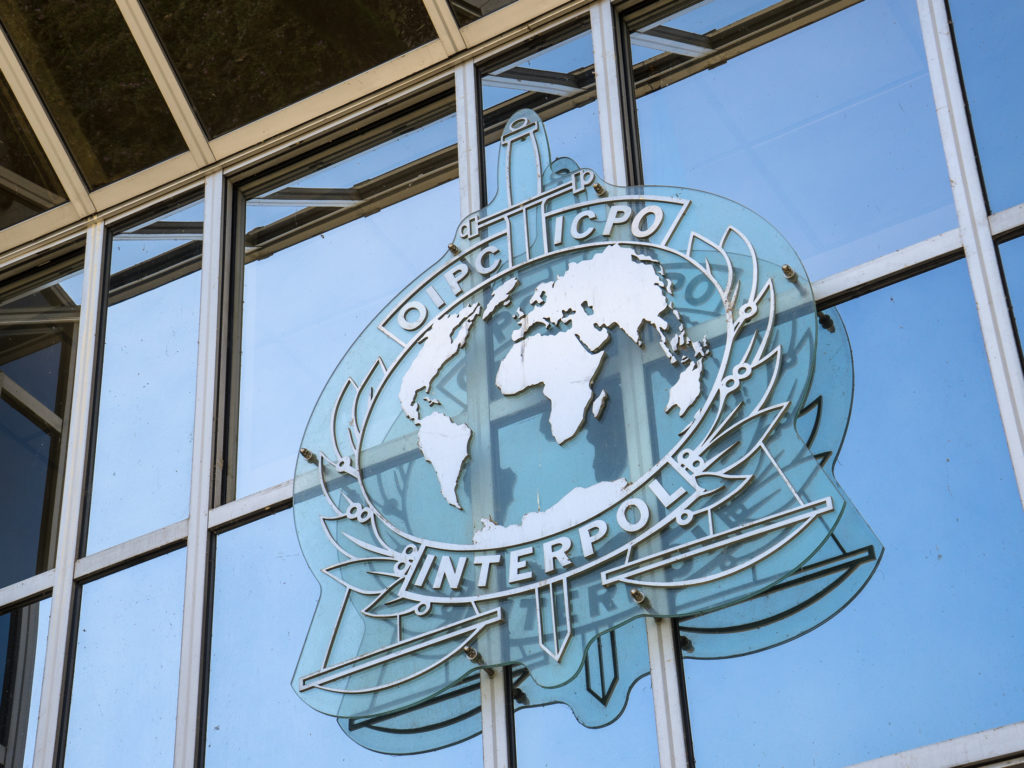
Today, South Korea’s Kim Jong-yang has been elected as INTERPOL’s next President, replacing Meng Hongwei who resigned last month after he was detained in China on charges of bribery and corruption.
Under INTERPOL’s constitution, the role of the President is to:
- preside at meetings of the General Assembly and the Executive Committee and direct the discussions;
- ensure that the activities of the Organization are in conformity with the decisions of the General Assembly and the Executive Committee; and
- maintain, as far as possible, direct and constant contact with the Secretary General of the Organization.
Mr Jong-yang was elected by INTERPOL’s General Assembly. The voting procedure is a secret ballot in which each country, that is a member of INTERPOL, can cast one vote. To be elected as President, a candidate must secure a two-thirds majority of the vote.
Mr Jong-yang has been acting as INTERPOL’s President since he stepped up from his Vice-Presidential role, representing Asia, when Mr Hongwei resigned. He will now complete the four-year mandate of his predecessor, ending in 2020. Before he joint INTERPOL, Mr Jong-yang was the Chief of Gyeonggi Provincial Police Agency in South Korea. He is a key supporter of the South Korean government’s plans to export its policing strategies.
The victory of Mr Jong-yang came as a relief to many commentators who had been alarmed at the prospect of the appointment of the Russian candidate, Alexander Prokopchuk. The US and several European members of INTERPOL had been lobbying against Mr Prokopchuk’s appointment, saying his election would lead to further abuses of INTERPOL’s Red Notice system, which many argue is being used by the Kremlin to track down and detain political opponents of President Putin. On 20th November 2018, Lithuania’s parliament voted unanimously to consider leaving INTERPOL if Mr Prokopchuk was elected as the body’s next President.
Categories: Uncategorised



Recent Comments